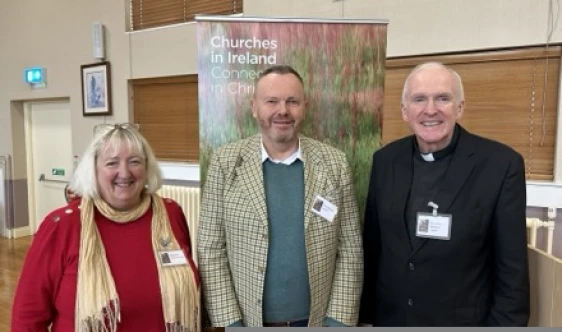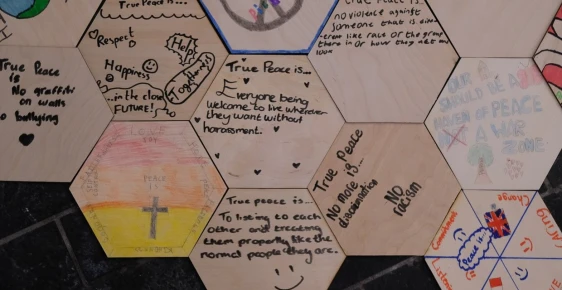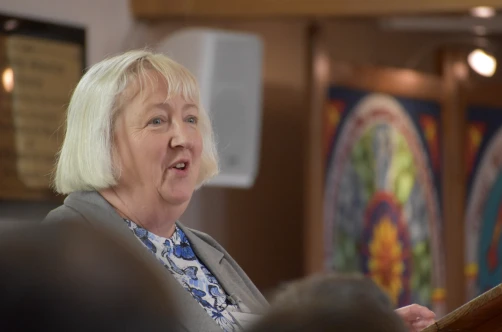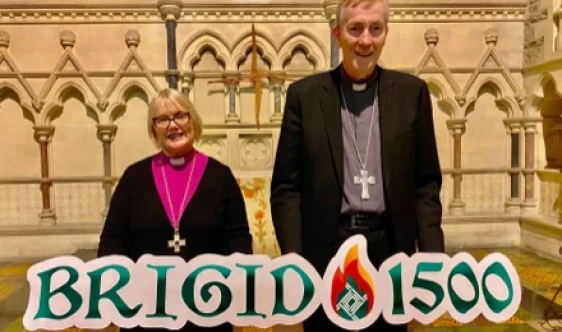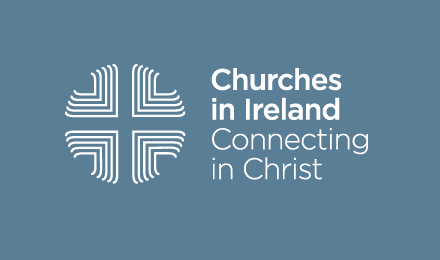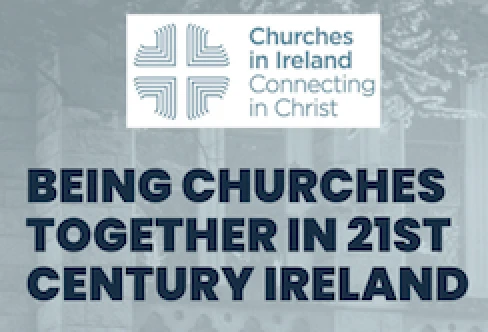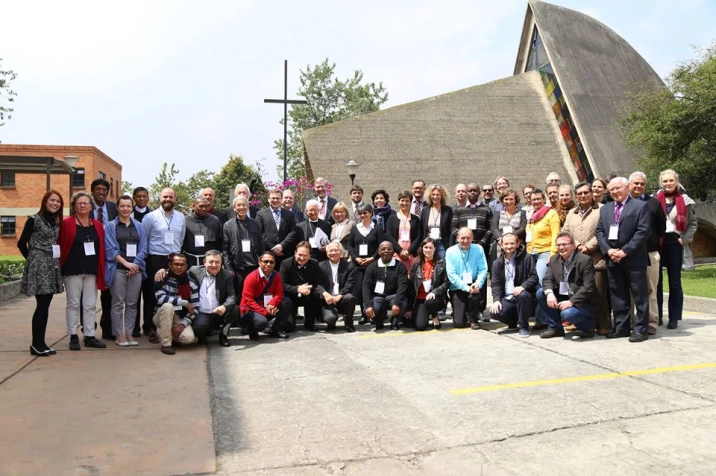
Northern Ireland has been an important reference point for the emerging peace process in Colombia. Indeed, an enterprising airline might well be looking at the feasibility of a direct flight from Belfast to Bogotá, such has been the volume of traffic between the two cities in recent years, but particularly since the referendum on the peace agreement was announced for 2 October 2016. Efforts to bring in outside support and guidance have intensified further since the agreement was narrowly rejected by 50.2% of voters.
In March this year I was invited to take part in an international workshop hosted by the Colombian Catholic Bishops’ Conference, in partnership with the Catholic bishops of Germany. It brought together over fifty participants from fifteen different countries that have gone through violent conflict and where peace and reconciliation is a priority area of work for the Church. We travelled around the country and met with representatives of victims, combatants and NGOs working on peace–building. Last week, I had the opportunity to continue that engagement by accompanying a delegation of leaders from politics, business and the community sector from the Antioquia region of northwest Colombia for part of their fact–finding visit to Ireland, hosted by Ulster University and the Irish School of Ecumenics.
I have met with people from across this vast territory, from all walks of life and from both ends of the socio–economic spectrum. Our meeting with victims brought us to Cucutá, on the border with Venezuela, to spend time with people who had been forced from their homes, leaving everything behind. The local diocese had arranged for us to have a police escort, concerned for our safety in this region which straddles one of the main narco–trafficking routes and where a third of the population lives on less than a dollar a day. The next day we were back in Bogotá in a club for retired military — comfortable, secure and world’s apart from the harsh life of isolated rural communities; but here too the people we met felt like victims, angry that the loss of life among military personnel and the suffering of their bereaved families was often overlooked, and fearful that investigations of past violence would disproportionately target military personnel.
Although this was a very different context to the Ireland of 1998, where people in both jurisdictions endorsed the Good Friday Agreement in the referendum, there was much that was familiar in the emotions expressed on all sides — hurt, anger, fear. So why did the Colombian people reject the peace deal? While commentary on the peace process refers to five decades of violent conflict, taking as the start point the emergence of FARC in 1964, when you spend time in Colombia it quickly becomes clear that this problem goes back centuries, arising from the failure to tackle unjust land distribution and social and political exclusion, giving all citizens a stake in society.
To their credit, those involved in the negotiations realised that achieving a sustainable peace would require them to tackle the root causes of the conflict. Unfortunately, it seems they sought to address all these problems in the peace agreement itself. The result is a document that runs to over 300 pages, in contrast to the much shorter Good Friday Agreement, which was posted to homes in preparation for the referendum. The Colombian people did not have the same level of clarity around the content of their peace agreement, nor did they have confidence the Government would implement proposed reforms fairly.
So what can we do to help? Comparing peace processes in different countries across the world, it is clear that the role of the international community is critical. As we know only too well from our own experiences, different types of violence and abuses of power can continue and sometimes escalate under cover of a peace process. The pressure of the international community helps to ensure accountability. This is of particular significance in Colombia where community leaders who speak out against violence and injustice continue to be abducted and murdered. In addition, as we have seen in an Irish context, peace processes need to be supported by investment, building community and giving people real alternatives to violence. We can help by taking an active interest in developments Colombia, ensuring that it doesn’t slip off the agenda of political leaders as media attention moves elsewhere.
A key priority needs to be the support of those who have been left defenceless by this conflict. Organisations such as Christian Aid are working to support local communities and vulnerable groups to develop their resilience, and empower civil society to play an active role in shaping the peace process.
A vital part of the Irish Peace Process was the space provided by the other countries for key stakeholders to come together away from their local reality and get to know each other. Irish organisations have been offering this kind of space to Colombians, and it is important that this work continues. As churches we have international networks and should explore whether there are ways in which we can connect with our fellow Christians in Colombia and provide opportunities for them to share their story, and for us to show our solidarity. Spending time with church representatives in Colombia, we heard that church engagement in the peace process is a very mixed picture. In some places the churches provide a crucial life–line to some of those most in need. In other places, the dominant attitude is one of middle–class detachment, where people who have seen little impact of the conflict in their own lives feel little or no responsibility to get involved.
Although it can feel strange to see our peace process held up as inspirational in Colombia at a time when our institutions are suspended, as we look at the Colombians starting out on this journey, it reminds us how far we have come. Working relationships across the sectarian divide that were unimaginable at the time of the Good Friday Agreement have now become commonplace. That awareness should encourage us to keep going and clear the remaining hurdles in our peace process, while also giving hope to the people of Colombia that new relationships can and do where there is a will to work for peace.
